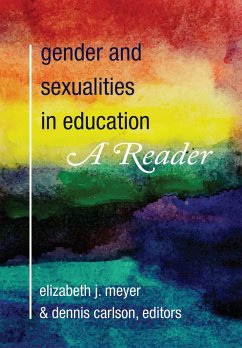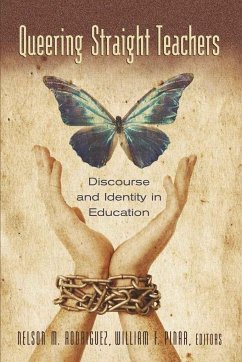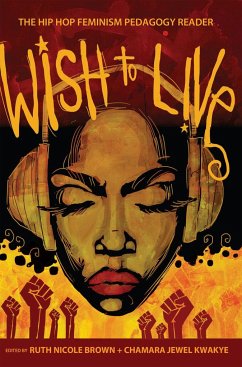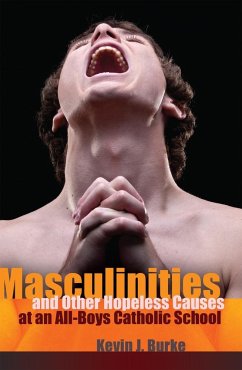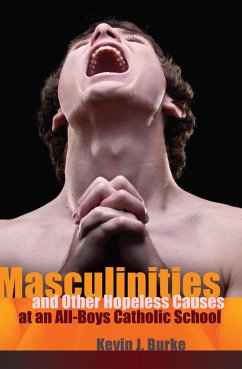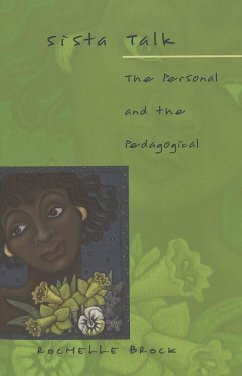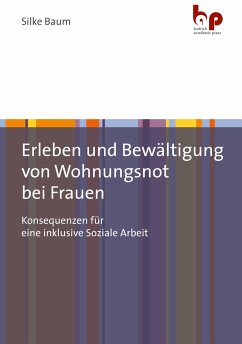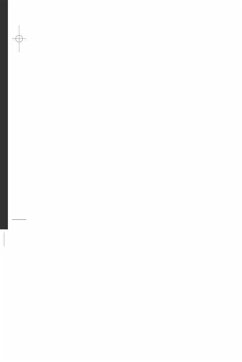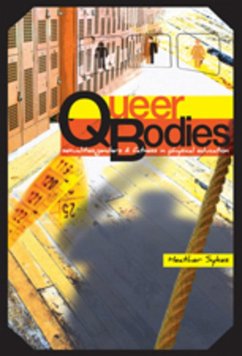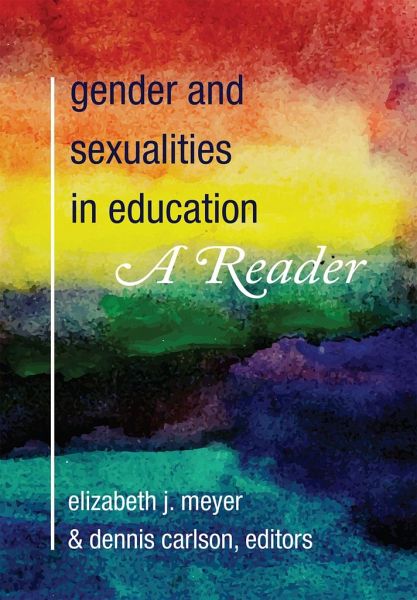
Gender and Sexualities in Education
A Reader
Herausgegeben: Meyer, Elizabeth J.; Carlson, Dennis
Versandkostenfrei!
Versandfertig in 6-10 Tagen
57,50 €
inkl. MwSt.

PAYBACK Punkte
0 °P sammeln!
This volume is about the education of gender and sexualities, which is to say it explores how gender and sexuality identities and differences get constructed through the process of education and "schooling". Wittingly or not, educational institutions and educators play an important role in "normalizing" gender and sexuality differences by disciplining, regulating, and producing differences in ways that are "intelligible" within the dominant or hegemonic culture. To make gender and sexuality identities and differences intelligible through education is to understand them through the logic of sep...
This volume is about the education of gender and sexualities, which is to say it explores how gender and sexuality identities and differences get constructed through the process of education and "schooling". Wittingly or not, educational institutions and educators play an important role in "normalizing" gender and sexuality differences by disciplining, regulating, and producing differences in ways that are "intelligible" within the dominant or hegemonic culture. To make gender and sexuality identities and differences intelligible through education is to understand them through the logic of separable binary oppositions (man-woman, straight-gay), and to valorize and privilege one normalized identity within each binary (man, straight) and simultaneously stigmatize and marginalize the "other" identity (woman, gay). Educational institutions have been set up to normalize the construction of gender and sexual identities in these ways, and this is both the overt and the "hidden" curriculum of schooling. At the same time, the "postmodern" times in which we live are characterized by a proliferating of differences so that the binary oppositional borders that have been maintained and policed through schooling, and that are central to maintaining highly inequitable power relations and rigid gender roles, are being challenged, resisted, and in other ways profoundly destabilized by young people today.



